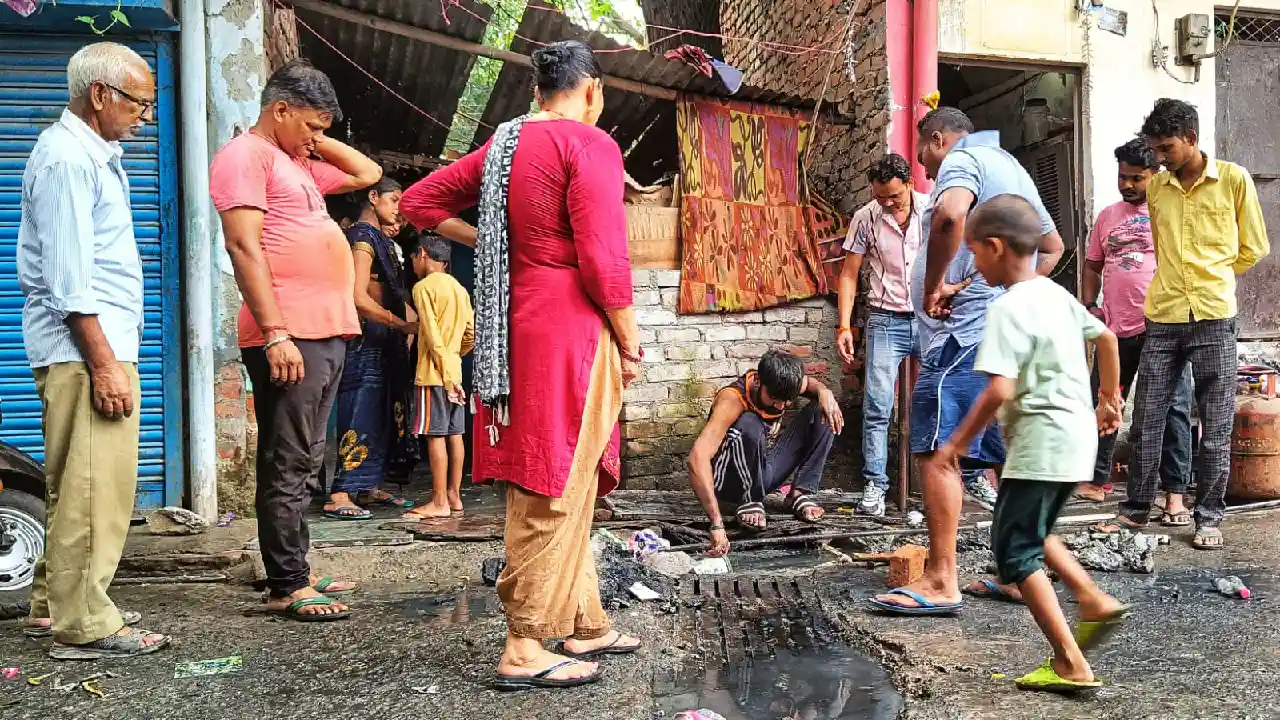Delhi, India’s vibrant capital, is a city of contrasts. Beyond the capital’s cosmopolitan facade, countless lesser-known colonies struggle to access even the basic amenities. I witnessed this harsh reality firsthand during an awareness drive with the Umeed Foundation and a local NGO in JJ Colony, near Delhi University’s North Campus.
As I entered the colony, I was struck by sewage water flowing on main roads, garbage-filled streets, and clogged drains. Residents were forced to unclog drains with their bare hands, exposing themselves to health risks. The irony was, while residents struggled with basic amenities, just 500 meters away, there were fancy cafes and restaurants buzzing with the Delhi University’s students.
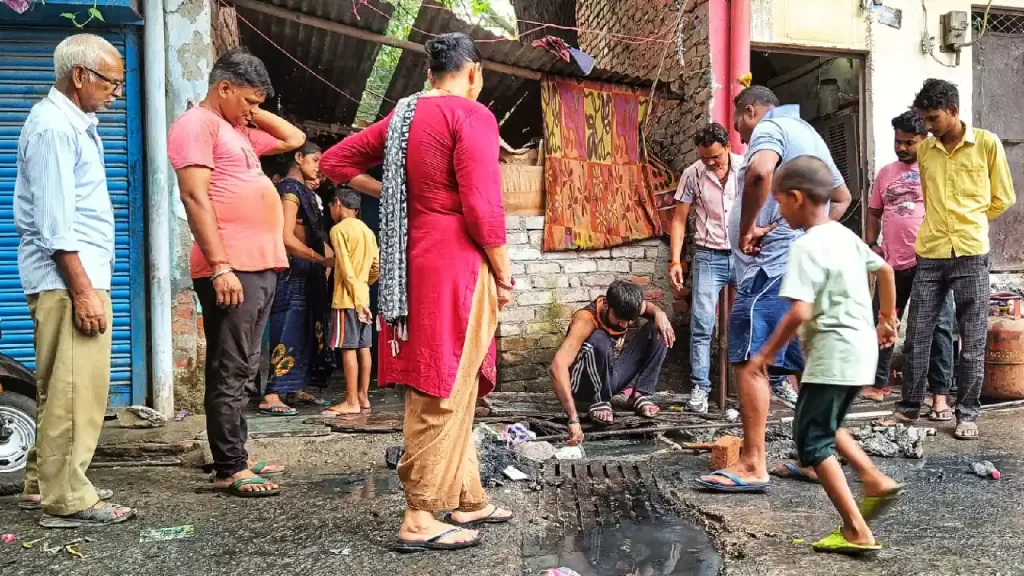
The colony’s infrastructure was a far cry from the promises of development made by politicians. Unplanned streets, overflowing drains, and lack of proper waste management created an environment which promoted to disease and a state of having lost all hope.
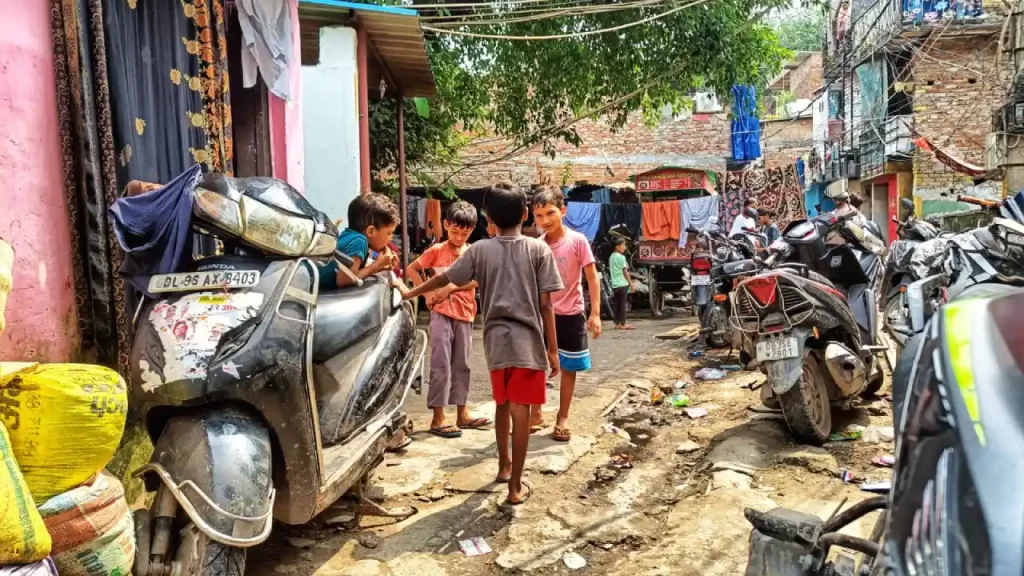
Children played in streets drenched with drain water, their laughter and smiles was a stark contrast to the gloomy surroundings.
NGO’s team was filled with positive energy and aimed to raise awareness about cleanliness and sanitation, but rather then expressing enthusiasm toward the initiative, residents expressed frustration, which was clearly visible on their faces. They needed a tangible solution, not empty promises. “We know cleanliness is important, but what’s the point of shouting slogans when our drains are clogged and water supply is irregular?” asked a resident.
The situation reminded me of the haunting lines from Samuel Taylor Coleridge’s “The Rime of the Ancient Mariner”: “Water, water everywhere, nor any drop to drink.” A large water tank stood idle, its supply tempered and discontinued. Women waited with empty buckets around a tap, while children played in streets drenched with drain water.
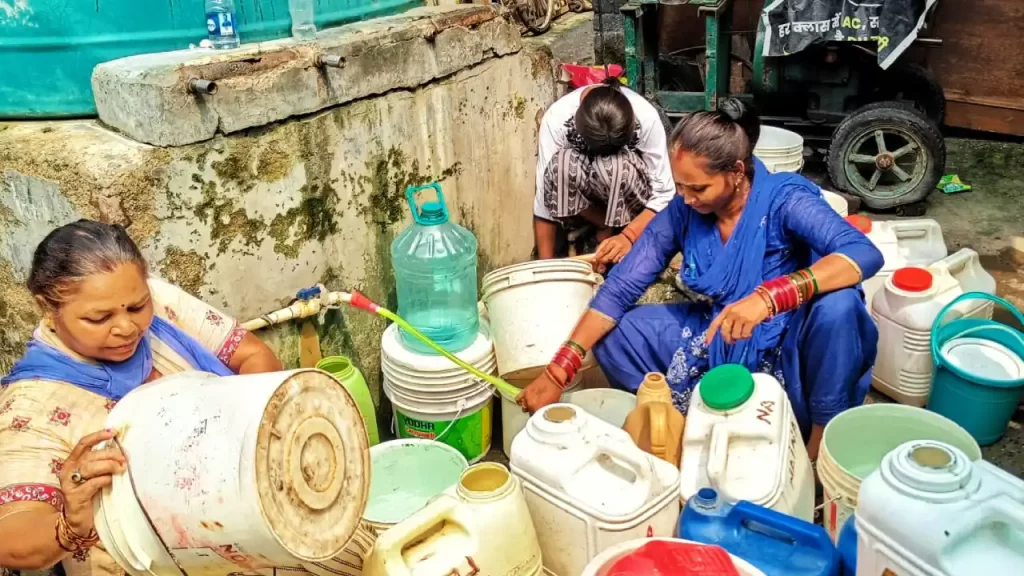
This stark reality raises questions about the effectiveness of governance in Delhi where the central government blames almost everything on the Government of the Union Territory and vice versa . But the question till remains, Why are basic amenities like water and sanitation still luxuries in many colonies? Why do residents have to rely on temporary solutions, like water tankers, instead of a regular supply?
According to Mukesh (Name Changed), a local shopkeeper, the issue of overflowing drains had persisted for over a year now. Despite multiple complaints to authorities and multiple attempts, the situation remained unchanged. It was clear that the the government wasn’t working well, with some politicians only visiting the area during the election seasons.
“Manish Aggarwal, BJP’s candidate, used to come and visit from time to time,” Mukesh said. “Anil Malik from Aam Aadmi Party was very good as well and used to help people at night when water used to overflow. But Himani Jain, the current Nigam Parshad, hasn’t come to check here.”
Mukesh’s words highlighted the lack of accountability and transparency in governance. It seems, that politicians’ priorities has been shifted from development to vote-bank politics, where the cries are only heard when the largest democracy of the world need new politician (not leader) for another 5 years.
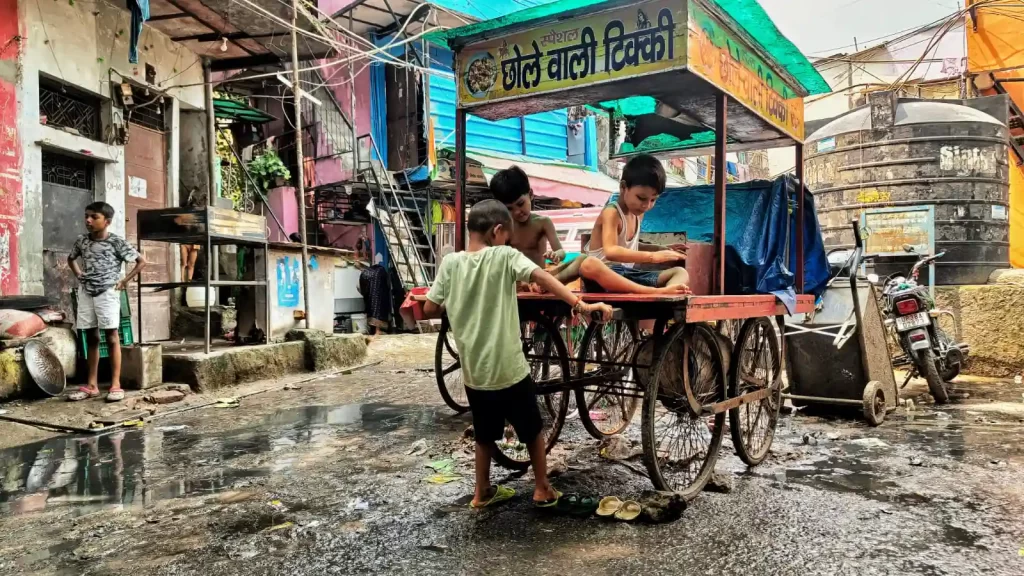
I was taken aback when he mentioned that the issues we saw were only a fraction of the larger problem, which intensifies further inside the colony.
A Call to Action
This experience highlights the need for sustained efforts to address the basic needs of India’s marginalized communities. It is vitally important for authorities to:
- Provide regular water supply instead of relying on temporary solutions
- Improve waste management and sanitation infrastructure
- Ensure accountability and transparency in governance
- Address the root causes of poverty and marginalization
The struggle of Delhi’s JJ colonies is a wake-up call for us to acknowledge the disparities in our society and work towards creating a more equitable and just world.
